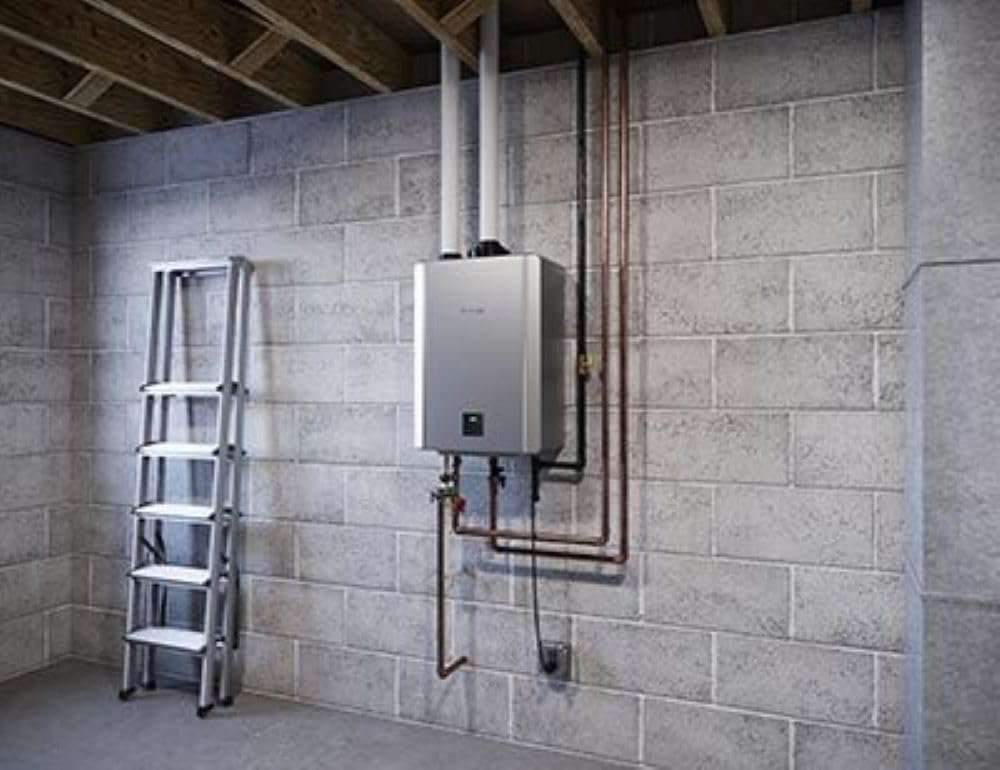Choosing the best water heater for radiant floor heat requires navigating a complex landscape of efficiency, capacity, and compatibility. It’s not just about heating water; it’s about creating a consistently comfortable and energy-conscious living space. The ideal system must be able to meet the demands of both domestic hot water use and the specific requirements of a radiant floor heating system. This delicate balance calls for careful consideration of factors such as energy source, tank size, and control mechanisms. Ultimately, selecting the optimal water heater is an investment in comfort, efficiency, and the overall value of your home.
Understanding Radiant Floor Heat Systems
Radiant floor heating offers a unique and efficient way to heat your home. Unlike forced-air systems that rely on blowing heated air, radiant floor systems warm the floor directly, which then radiates heat upwards, creating a more even and comfortable temperature distribution. This eliminates cold spots and reduces energy waste.
Types of Radiant Floor Heat
- Hydronic: This system uses hot water circulated through pipes embedded in the floor. It’s highly efficient and allows for zone control, meaning you can heat different areas of your home to different temperatures.
- Electric: Electric radiant floor heating uses electric cables embedded in the floor. While easier to install in some cases, it’s generally more expensive to operate than hydronic systems.
Key Considerations for Water Heater Selection
When choosing a water heater for radiant floor heat, several factors come into play:
- Capacity: You need to ensure the water heater can meet the demands of both your domestic hot water needs and the radiant floor heating system. Oversizing is preferable to undersizing.
- Efficiency: Look for energy-efficient models to minimize operating costs. Consider factors like EF (Energy Factor) ratings.
- Control: Precise temperature control is crucial for radiant floor heating. Look for water heaters with sophisticated thermostats and control systems.
- Fuel Source: Gas, electric, and propane are all viable options. Consider the availability and cost of each fuel source in your area.
It’s essential to calculate the BTU (British Thermal Unit) requirements of your radiant floor system. This will help you determine the necessary output of the water heater. Consult with a qualified HVAC professional to accurately assess your needs.
Comparing Water Heater Types for Radiant Floor Heat
| Type of Water Heater | Pros | Cons |
|---|---|---|
| Tankless Water Heater | On-demand hot water, energy efficient, space-saving. | Higher upfront cost, may require electrical upgrades. |
| High-Efficiency Tank Water Heater | Lower upfront cost than tankless, reliable. | Takes up more space, standby heat loss. |
| Heat Pump Water Heater | Extremely energy efficient, qualifies for rebates. | Higher upfront cost, may require specific installation conditions. |
Finding the Right Fit: A Conclusion
Selecting the best water heater for radiant floor heat involves careful planning and research. Consider your specific needs, budget, and energy efficiency goals. Consulting with a professional is always recommended to ensure you choose the optimal system for your home.

